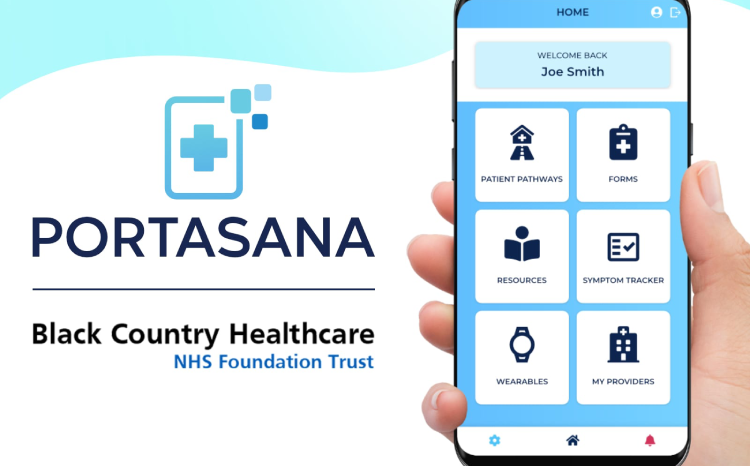EPRs ‘could prompt med neg claims’
- 3 March 2015

The growing use of electronic patient records could encourage a culture of “electronic ambulance chasing” as people hunt for evidence of medical negligence, according to new research.
The paper from the University of Birmingham, published in the British Journal of General Practice, says that the “uncompromising documentation of events” in EPRs may lead to a corresponding rise in the likelihood of lawsuits against clinicians and hospitals.
Tom Marshall, the paper’s author and professor of public health and primary care at the university, said that while patients or lawyers requesting electronic records is a common part of the litigation process, the growing use of EPRs could reverse the normal process for negligence lawsuits.
“Previously, a patient who has experienced an adverse event first decided to take legal action and then, having initiated legal action, might request their medical records.
“Now, because it is much easier to search electronic than paper records, a patient who has experienced an adverse event could first request their medical records and then initiate legal action.”
Marshall said that to demonstrate medical negligence, a claimant must show that the doctor failed to meet the required standard of care, with electronic records required to be disclosed to claimants on request.
The paper says that clinical guidelines such as those written by the National Institute for Health and Care Excellence are increasingly seen as a required standard of care which doctors must meet.
If a patient suffers because a doctor has ignored or overlooked the guideline, that could be considered negligence, it says.
The paper says that stroke patients could be among those to take action, with breaches of NICE guidelines for treating high blood pressure or an irregular pulse.
Previous research based on EPRs showed that while 84.5% of atrial fibrillation patients at a high risk of stroke should have been prescribed anticoagulants, only 50.7% received them.
Of the 68,536 hospital admissions for a stroke during the 2011-12 year, 28.8% of them had a secondary diagnosis of an irregular pulse.
“In real terms, that means that about 12.3% of first strokes occur in patients with atrial fibrillation, who are eligible for anticoagulants but not receiving them.”
The paper says that a medical negligence lawyer would only need to scan eight records of stroke cases to find a possible negligence claim, adding up to 8,436 cases per year based on the 2011-12 figures.
It says that lawyers could “speculatively” seek permission from anyone who suffered a stroke or heart, or those with a late cancer diagnosis, to look for evidence of negligence by comparing the record against guidelines.
“To put it bluntly, if a doctor departs from the clinical guidelines, fails to record a rationale for doing so and their patient suffers a foreseeable adverse outcome as a result, this could be the basis for a medical negligence claim,” Marshall said.
“Electronic records mean that their omissions can easily be found out and they’ll be under more scrutiny than ever before.”




